Safeguarding Babies: The Importance of Synflorix Vaccine against Pneumococcal Diseases
Pneumococcal Polysaccharide Conjugate vaccine, known as Synflorix, is essential for safeguarding babies against diseases like pneumonia, meningitis, ear, and blood infections. Administered intramuscularly by healthcare professionals, this vaccine prompts the body to produce antibodies, fortifying defense against these ailments.
Administration and Dosage
Synflorix Vaccine, offering protection against ten different strains of Streptococcus pneumoniae bacteria, is typically administered intramuscularly by a healthcare professional. The appropriate dosage, including considerations for babies, will be determined by your doctor based on your child’s needs.
Side Effects and Safety Measures
Common side effects may include loss of appetite, irritability, drowsiness, and fever, along with possible injection site reactions like pain, swelling, or redness. If these effects persist or worsen, consulting your doctor is advisable. It’s important to disclose any existing illnesses or medications your child is taking to ensure safety during vaccination.
Importance of Vaccination
Vaccination plays a pivotal role in preventing various pneumococcal diseases, especially in babies. Synflorix vaccine ensures protection against infections like pneumonia, meningitis, and blood, and ear infections, safeguarding the health of infants.
Development of Immunity
Global Impact
In the developing world, young children and the older people bear the brunt of pneumococcal diseases. Approximately one million children succumbing to these ailments annually. Streptococcus pneumoniae, characterized by an encapsulated bacteria with a polysaccharide capsule, remains a significant cause of concern, with certain serotypes being more prevalent and virulent. The administration of the Synflorix vaccine substantially diminishes the risk of such infections, ensuring enhanced health outcomes for infants worldwide.






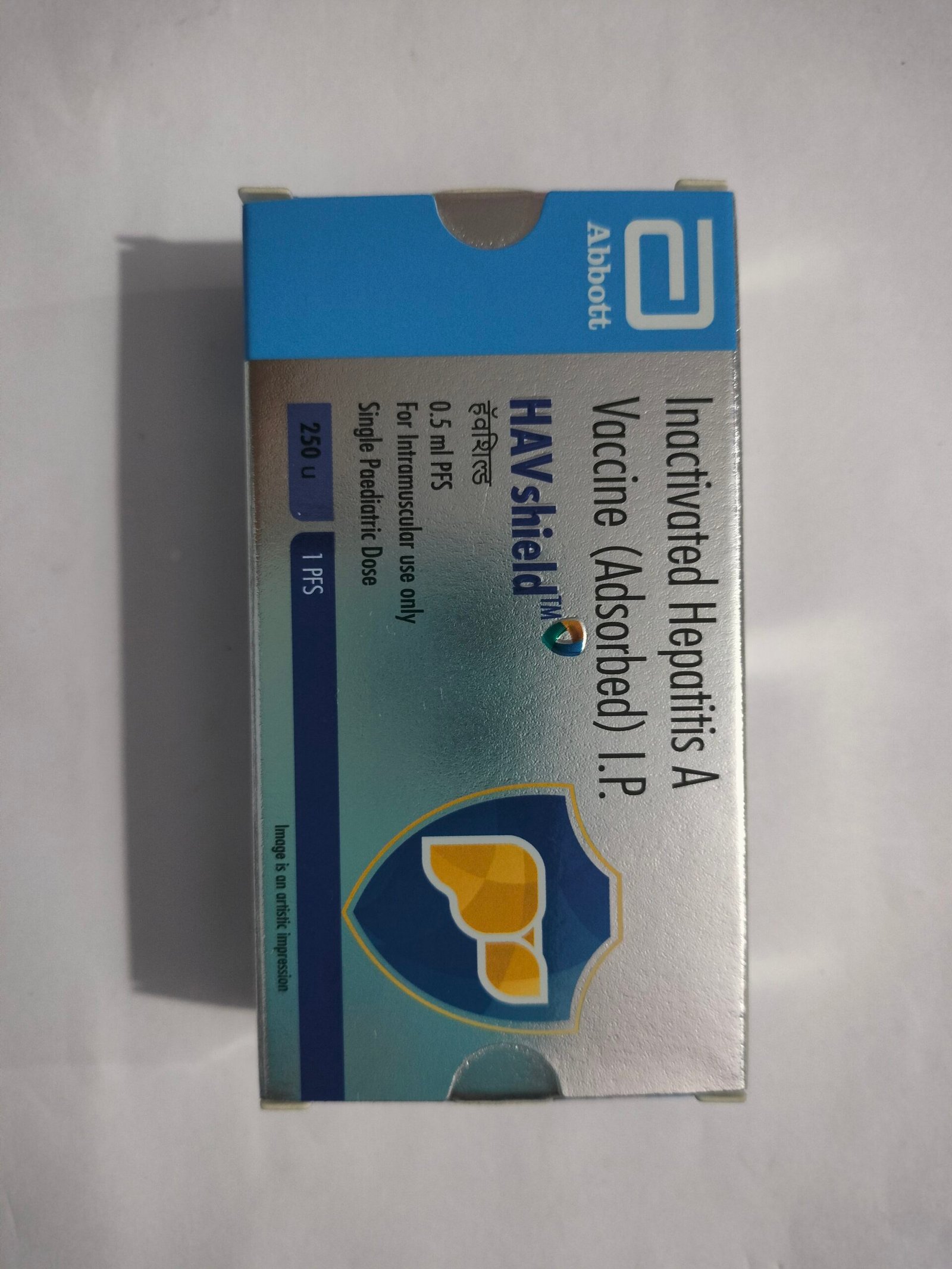
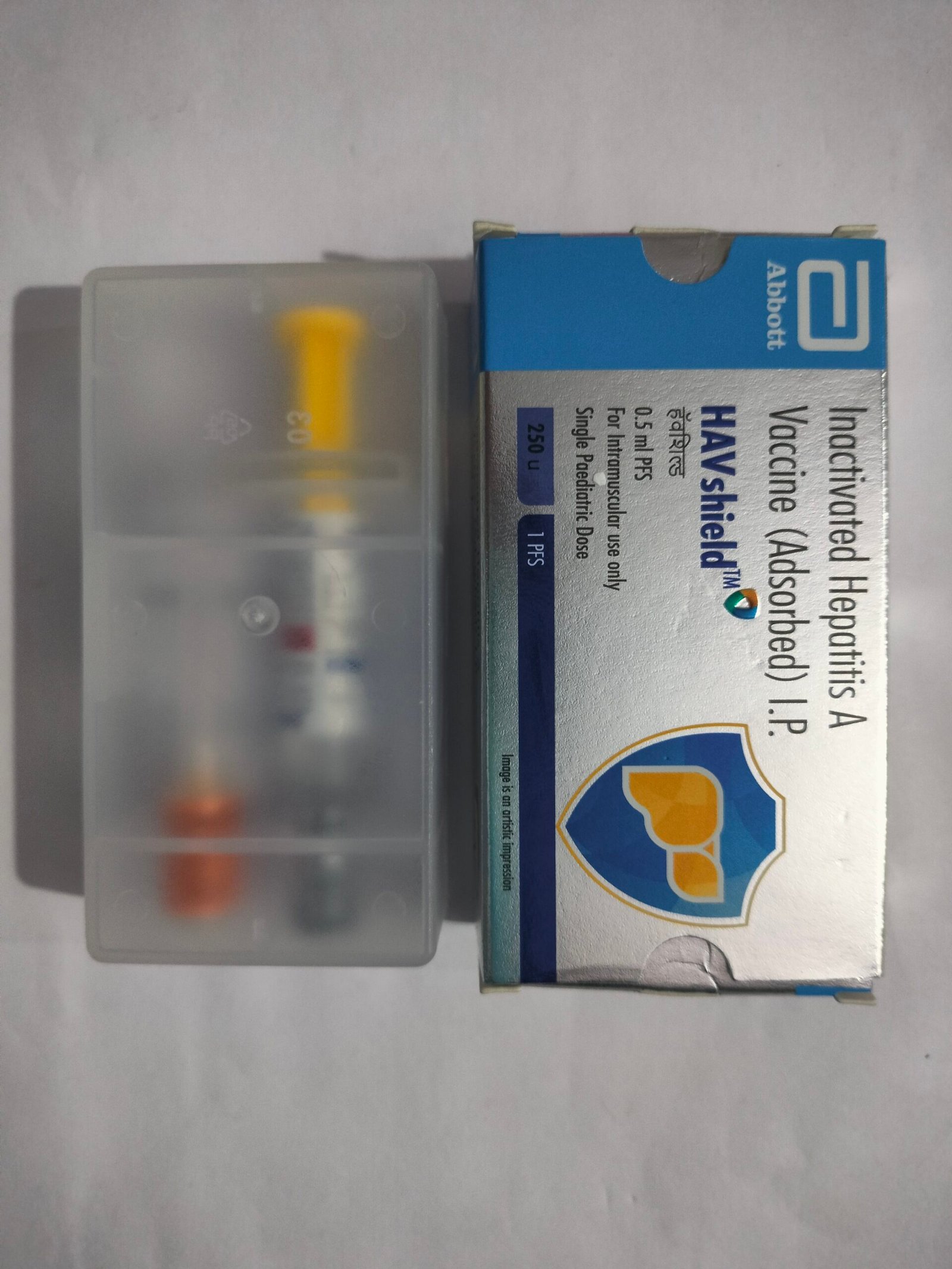
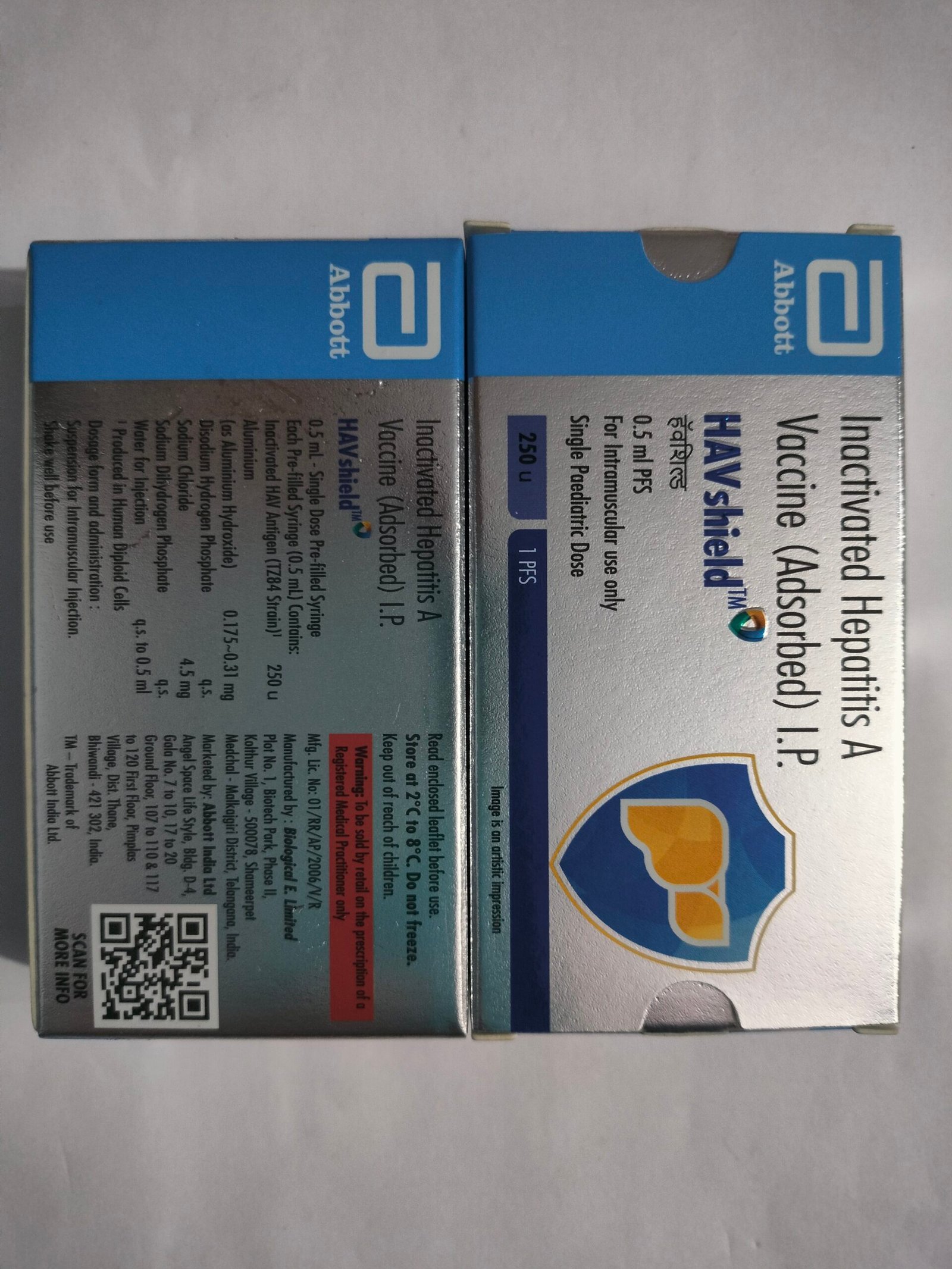
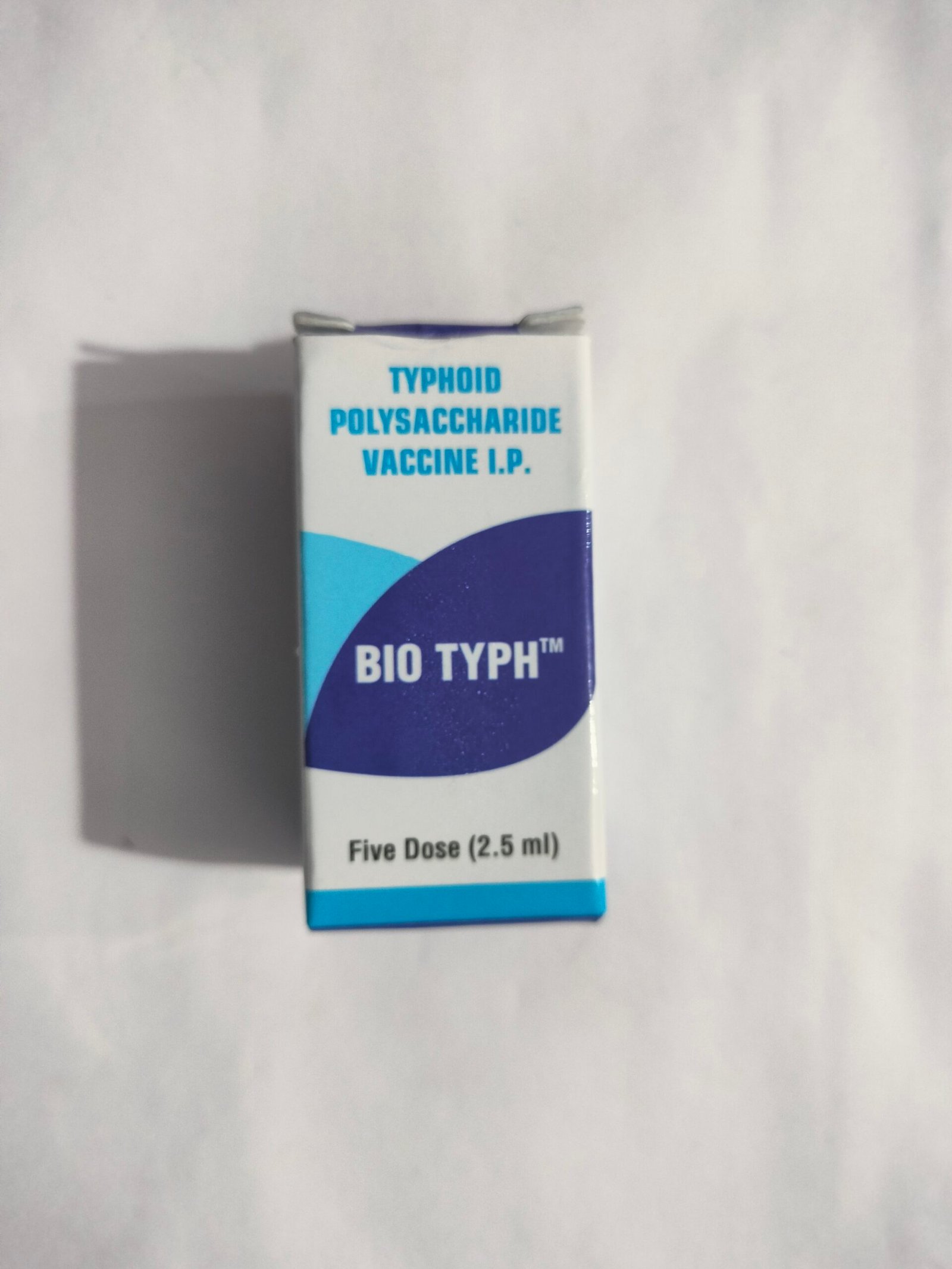
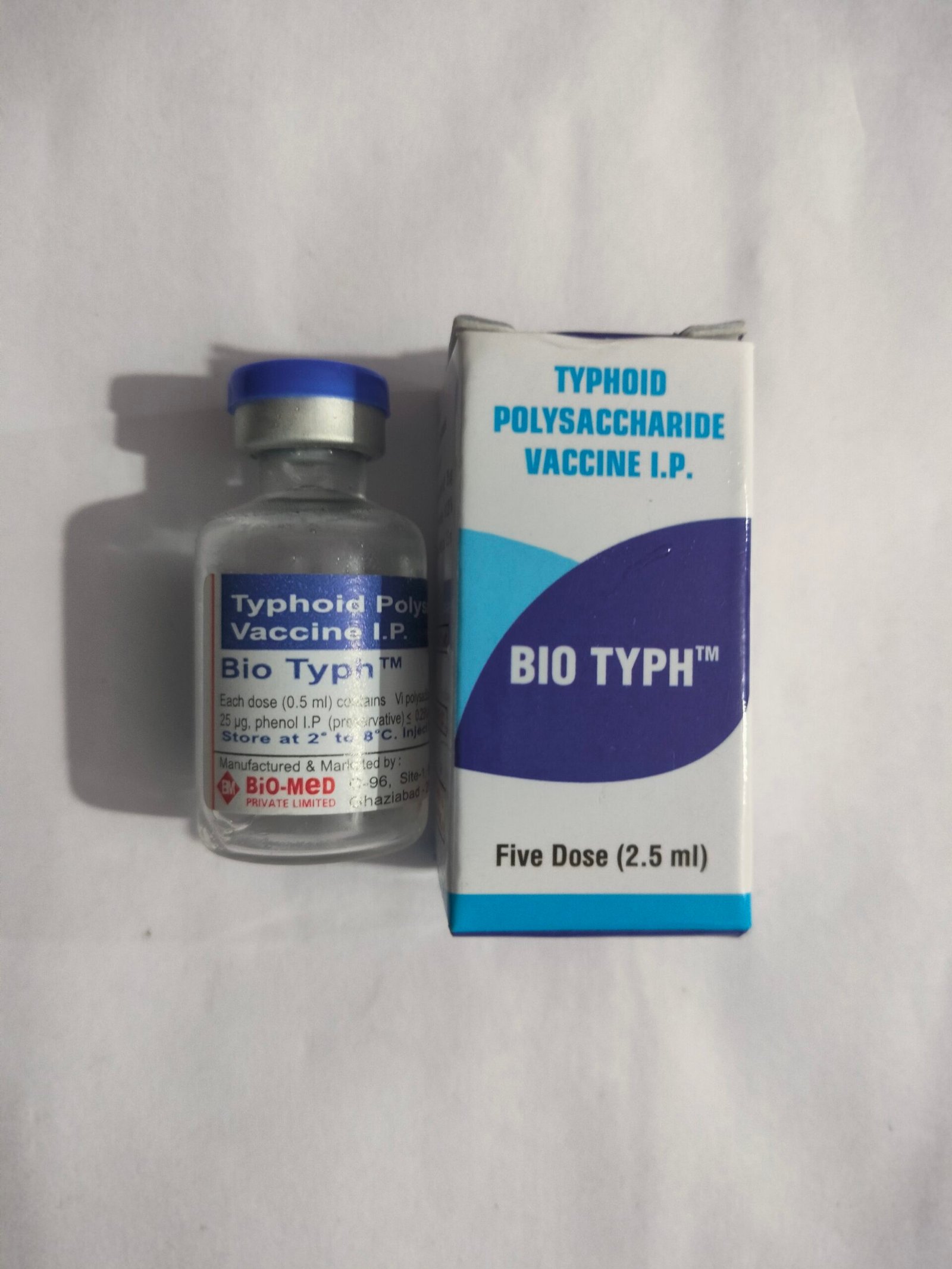


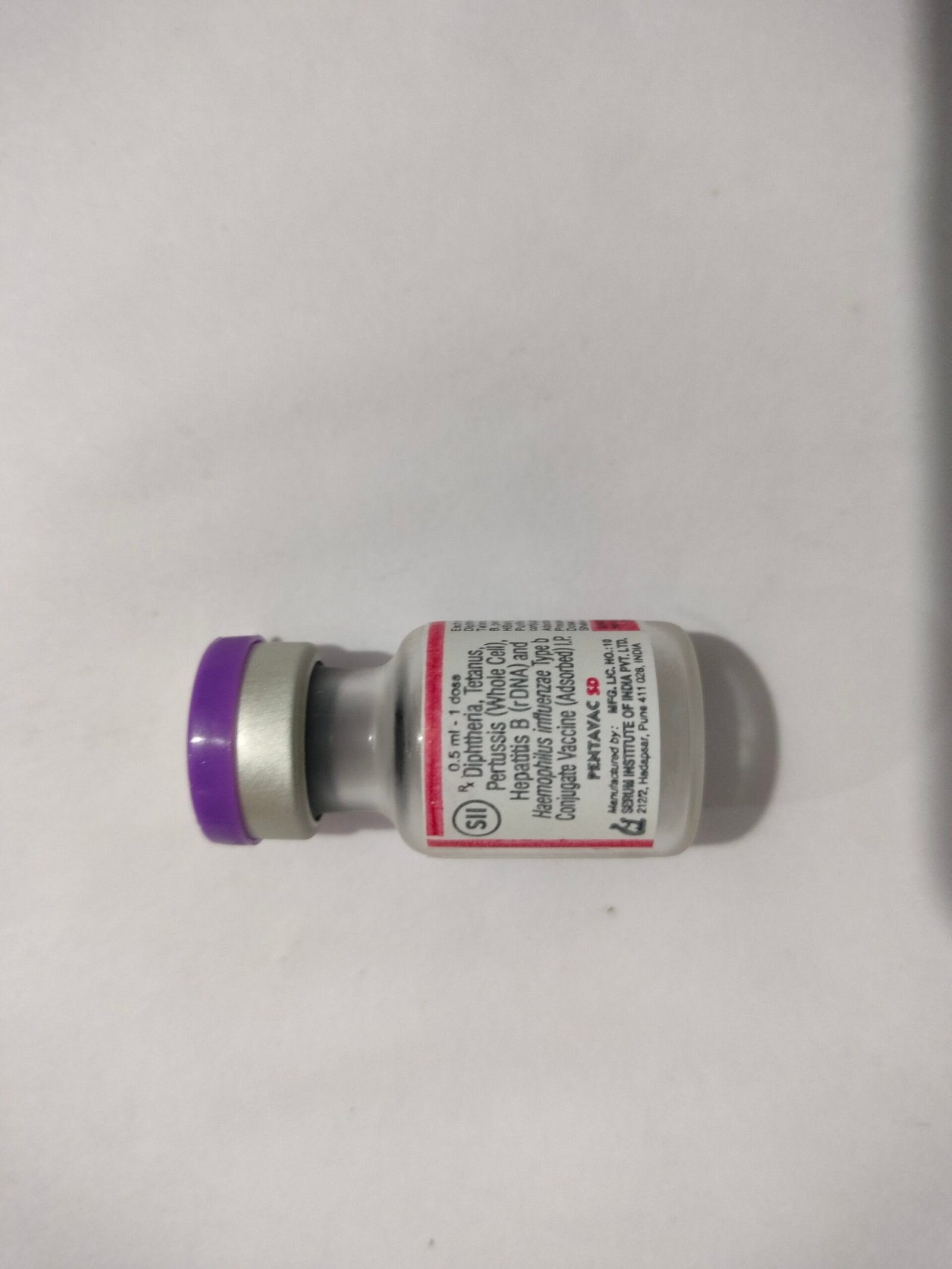



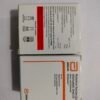









Reviews
There are no reviews yet.